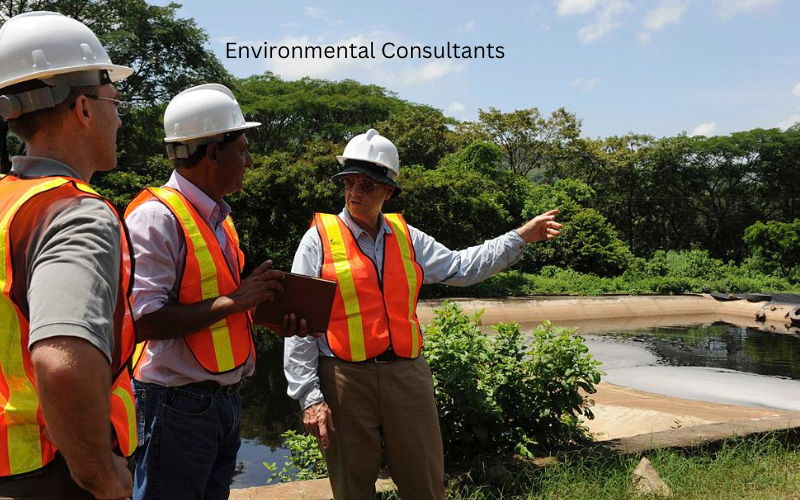
Environmental consulting is a vital field that focuses on helping businesses comply with environmental regulations and develop sustainable practices. As the world becomes more aware of environmental issues such as climate change, pollution, and resource depletion, the role of environmental consultants is becoming more crucial. This article will explore what the future holds for environmental consulting, including emerging trends and how these professionals are adapting to an evolving landscape.
The Growing Importance of Environmental Consulting
Environmental consulting has traditionally been centered around compliance — ensuring that businesses adhere to laws and regulations concerning the environment. However, its scope is expanding as companies increasingly recognize the importance of sustainable practices not only for compliance but also for corporate responsibility and long-term profitability.
Key Trends Shaping the Future of Environmental Consulting
-
Increased Demand for Sustainability Services
Businesses are under growing pressure from consumers, investors, and governments to reduce their environmental impact. This shift is driving demand for consultants who can provide strategic advice on sustainability. Services such as carbon footprint analysis, sustainable resource management, and circular economy strategies are becoming standard.
-
Technological Advancements
Technology plays a critical role in the future of environmental consulting. Innovations such as big data analytics, AI, and remote sensing are transforming how environmental data is collected, analyzed, and applied. These technologies enable consultants to provide more precise and actionable insights for their clients, making environmental management more efficient and effective.
-
Regulatory Changes and Compliance
As environmental awareness increases, governments worldwide are implementing stricter regulations on issues like waste management, emissions, and energy use. This evolving regulatory landscape ensures a steady demand for environmental expertise to help businesses comply with new and existing laws.
-
Climate Change Mitigation and Adaptation
With the urgent need to address climate change, consultants are increasingly tasked with developing strategies to mitigate greenhouse gas emissions and help organizations adapt to climate impacts. This includes risk assessment for physical climate risks, integrating climate resilience into planning and operations, and innovating low-carbon technologies.
-
Expansion into New Markets
The global nature of environmental challenges is leading consulting firms to expand their reach into international markets, particularly in developing countries where industrial growth is rapid. This expansion requires consultants to have a deep understanding of local environmental issues, regulations, and cultural contexts.
Challenges Facing
While the future is bright, there are challenges that Environmental consultants must navigate:
- Keeping up with Rapidly Changing Technologies: As environmental technology evolves quickly, consultants need to stay informed about the latest tools and methods to remain competitive.
- Interdisciplinary Knowledge: Modern environmental issues require a blend of knowledge from different fields such as biology, chemistry, geology, and engineering. Consultants must either possess a broad range of skills or work in multidisciplinary teams.
- Economic Pressures: In times of economic downturn, environmental consulting services may be seen as non-essential by some businesses, impacting the demand for consulting services.
Opportunities for Aspiring Environmental Consultants
For those interested in entering the field, the future of environmental consulting offers numerous opportunities:
- Specialization: Areas such as renewable energy, climate change adaptation, and environmental impact assessment offer paths for specialization with promising growth prospects.
- Education and Training: Prospective consultants should focus on gaining qualifications and experience in environmental science, policy, or engineering. Continuous professional development, including certifications, can also enhance job prospects.
- Networking: Building a professional network through industry associations and conferences can open up career opportunities and provide valuable insights into industry trends and innovations.
Conclusion
The future of environmental consulting is poised for growth, driven by the increasing emphasis on sustainability, technological advancements, and stringent environmental regulations. As the planet faces more complex environmental challenges, the expertise of environmental consultants will be more crucial than ever. This dynamic field offers a rewarding career path for those passionate about making a difference in how businesses impact the environment. Through continual learning and adaptation, environmental can lead the way in creating sustainable solutions that benefit both the economy and the planet.







